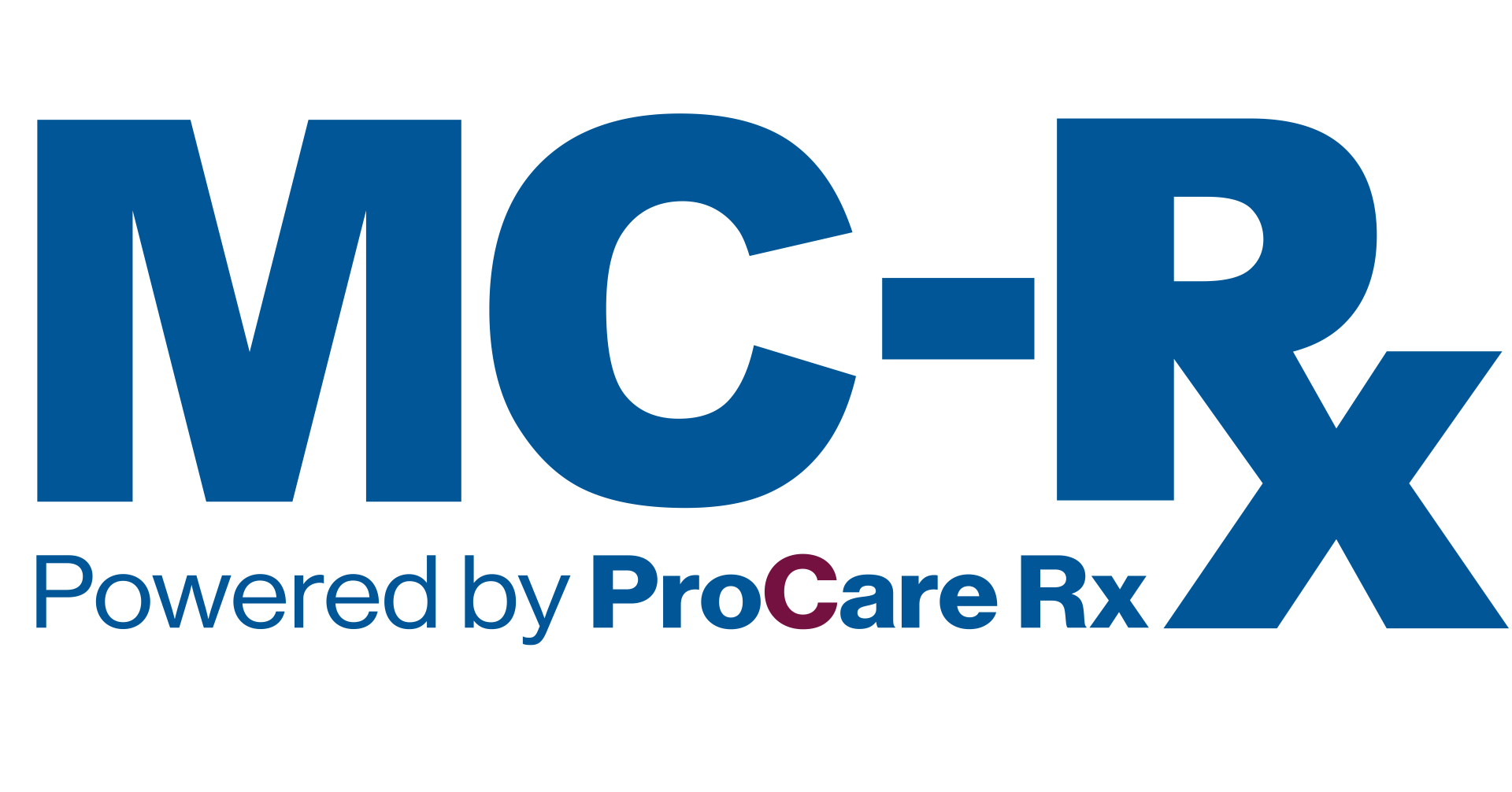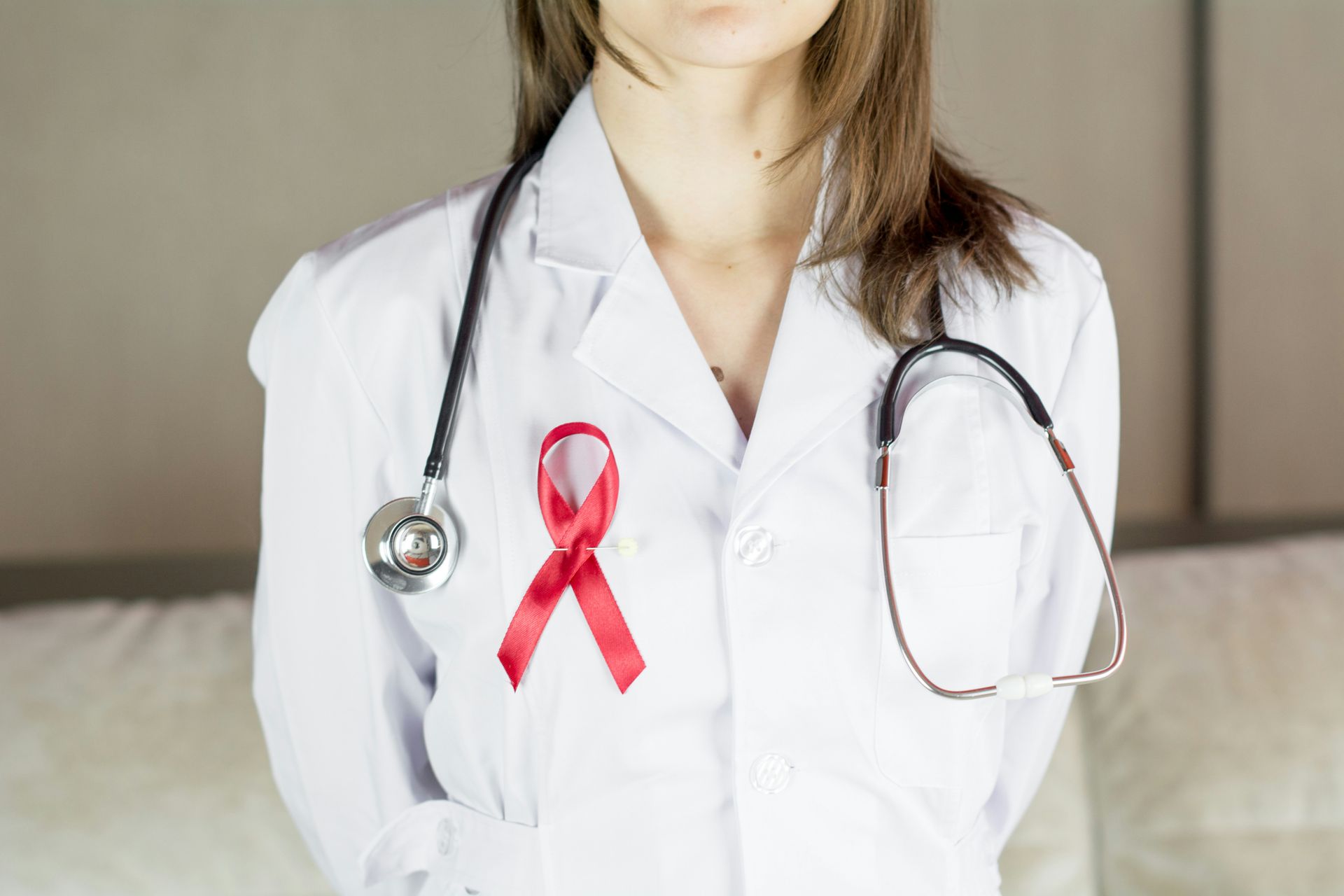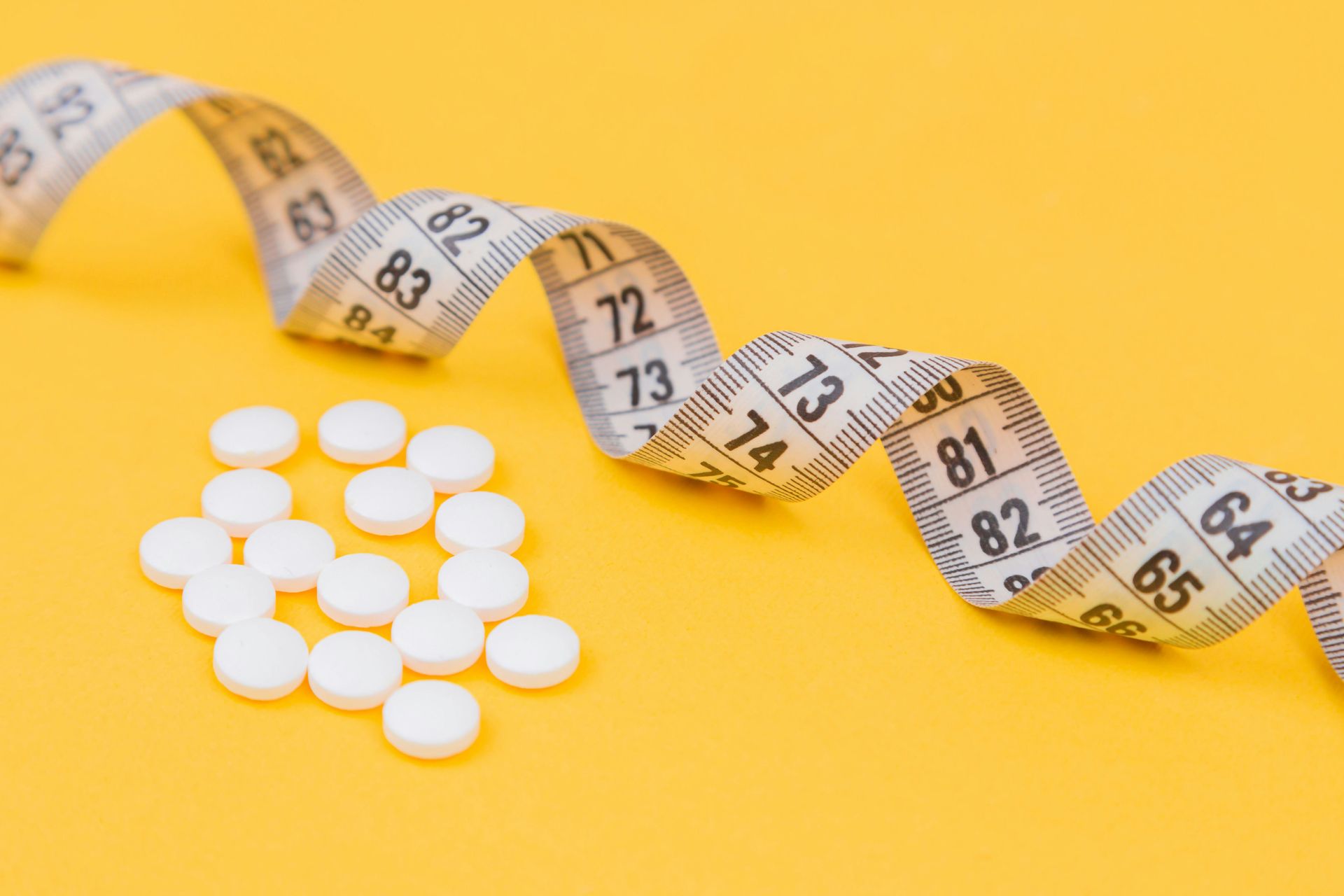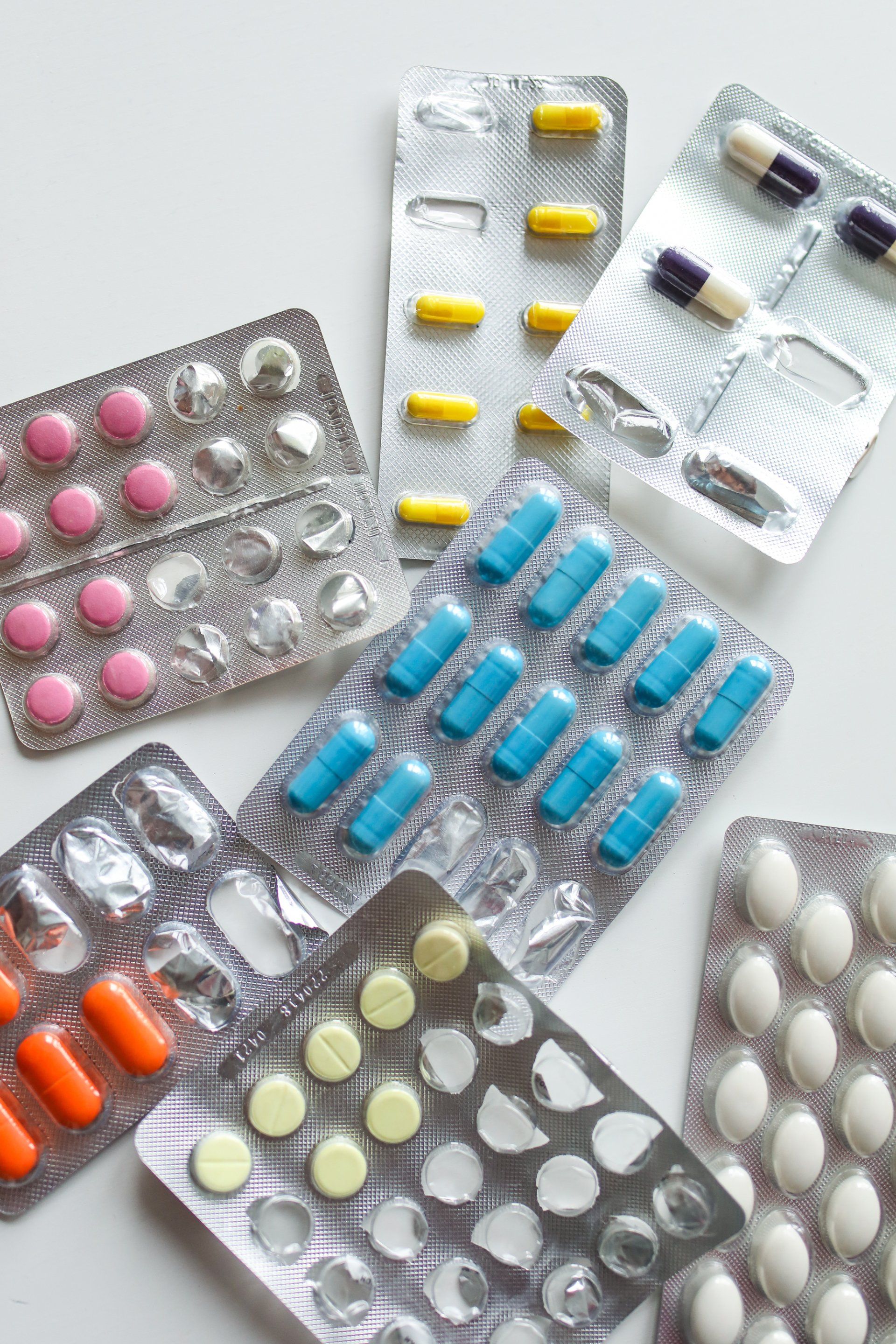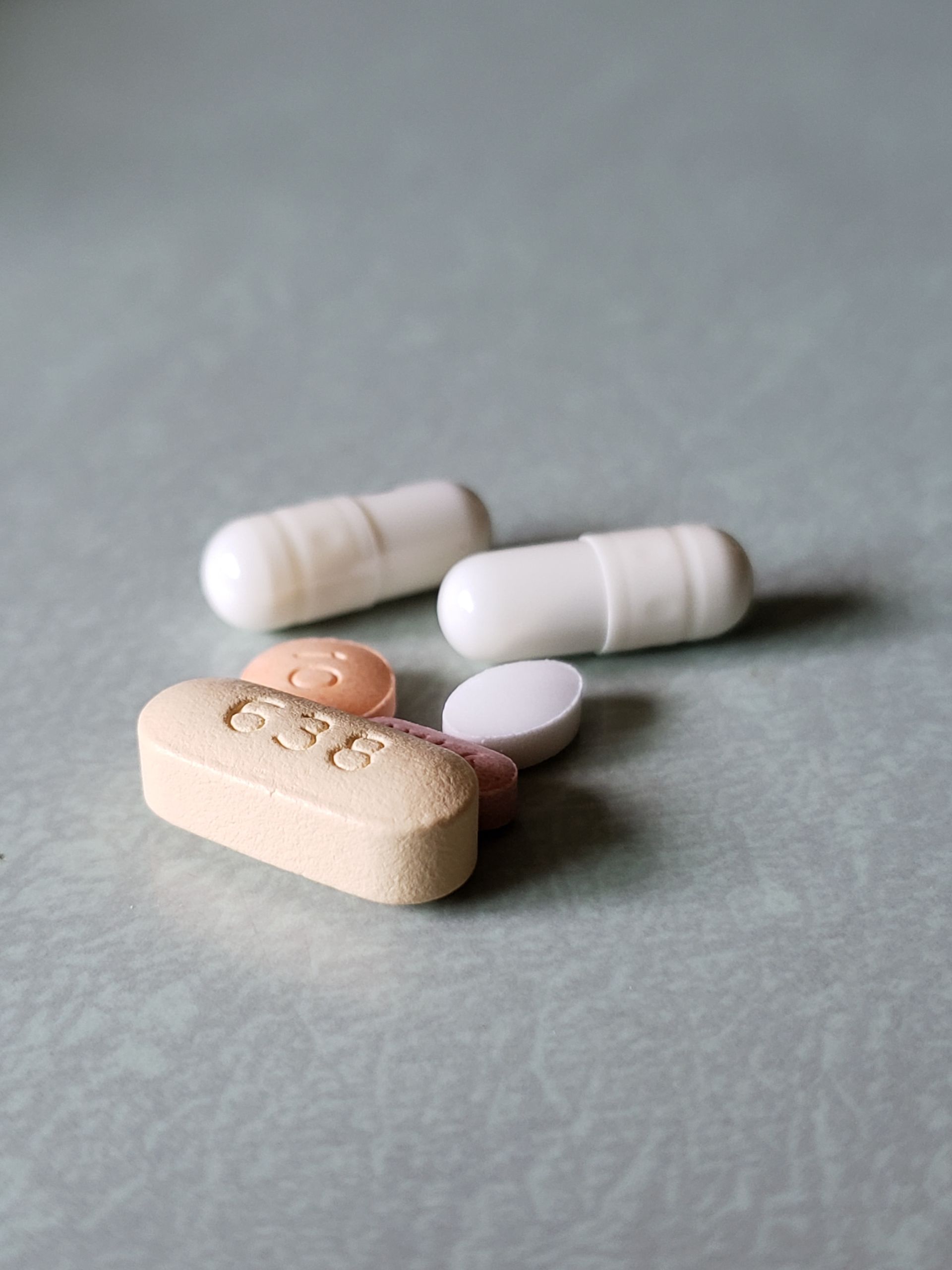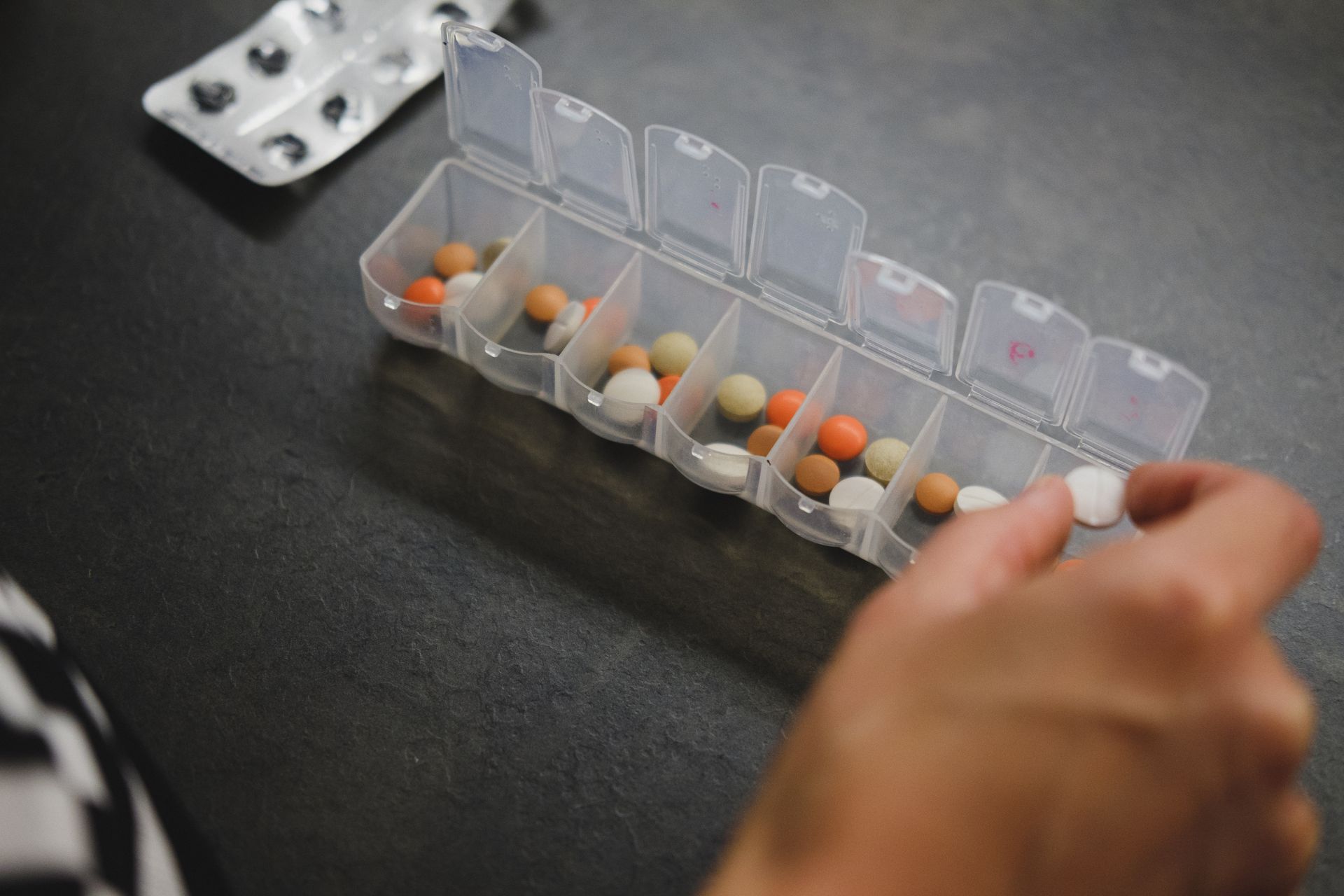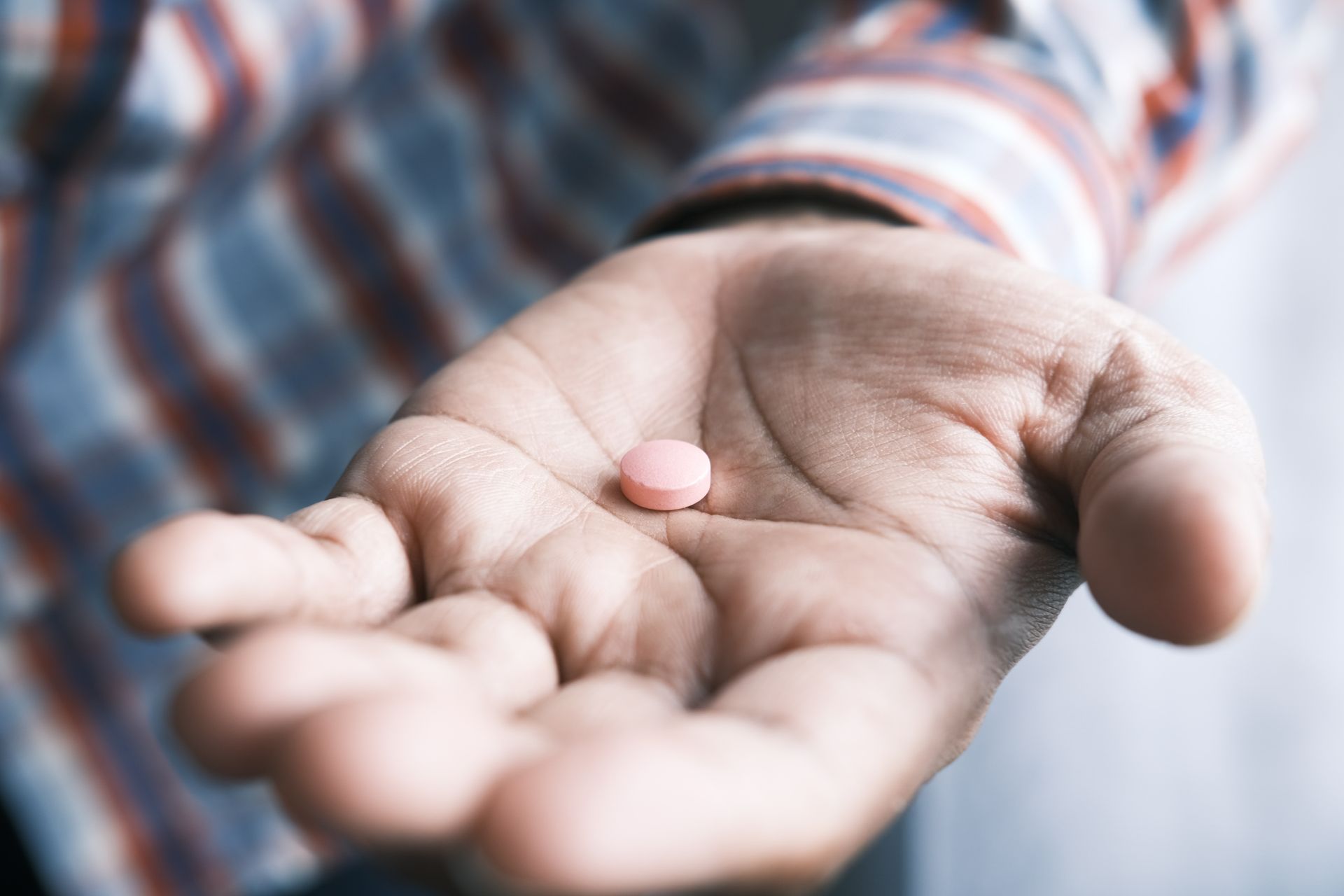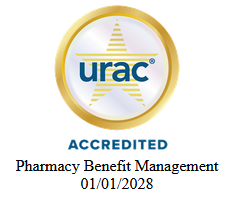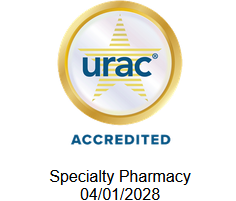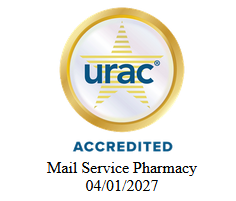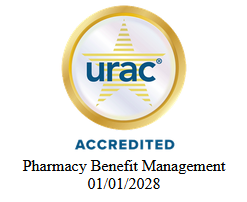Biosimilar Knowledge
Biosimilars are safe, effective treatment options.

Biological products are the fastest growing class of therapeutic products in the United States. When patients are prescribed a biological product, biosimilar and interchangeable products can offer additional treatment options, potentially lowering healthcare costs.
What is a biological product?
Biological products are regulated by the Food and Drug Administration (FDA) and are used to diagnose, prevent, treat, and cure diseases and medical conditions. These products may be produced through biotechnology in a living system, such as a microorganism, plant cell, or animal cell, and are often more difficult to characterize than small- molecule drugs.
What is a reference product?
A reference product is the single biological product, already approved by the FDA, against which a proposed biosimilar product is compared. It is approved based on, among other things, a full complement of safety and effectiveness data.
What is a biosimilar product?
A biosimilar is a biological product that is highly similar to and has no clinically meaningful differences from an existing FDA-approved reference product. A manufacturer developing a proposed biosimilar demonstrates that its product is highly similar to the reference product by extensively analyzing the structure and function of both the reference product and the proposed biosimilar.
Biosimilars have the same expected benefits and risks compared to original biologics:
- Route of administration to patients
- Strength and dosage form
- Potential side effects
What is an interchangeable biosimilar?
- A biosimilar product that meets additional requirements, such as: produces the same clinical result as the reference product in any given patient, poses no additional risk or reduced efficacy if a patient switches back and forth between an interchangeable product and a reference product. Efficacy and safety must remain equal compared to using the reference product without switching.
What is an unbranded biologic?
- It’s an approved brand name biological product that is marketed under its approved Biologic License Application without its brand name (proprietary name) on its label.
- For example, Sanofi manufactures an unbranded version of insulin Lantus: unbranded insulin glargine. Another example: Mylan manufactures an unbranded version of insulin Semglee-yfgn: unbranded insulin glargine-yfgn.
Below is a summary of key highlights from the current and proposed legislations at a national level:
- Biologics Price Competition and Innovation Act in 2009: As part of the Affordable Care Act, the Biologics Price Competition and Innovation Act created an abbreviated pathway to approve biosimilars and increase the biosimilars’ market presence.
- Advancing Education on Biosimilars Act in 2021: The Advancing Education on Biosimilars Act works to provide more public information to providers and patients about the safety, efficacy, and cost-savings of biosimilars.
- State Legislations Pertaining To Biosimilars:
- Currently, all 50 states and the District of Columbia have laws pertaining to interchangeability; however, pharmacy laws and practices vary from state to state, including:
- Requirements related to provider notification/permission,
- Patient communication, and
- Documentation practices
Disclaimer: The above represents a summary provided by the MCRX clinical team and does not replace the full reference related to federal, state, and local ordinances.
Key Points to consider:
- Biosimilar products may be approved for all or a subset of the same indications as the reference product. Healthcare prescribers and pharmacists should review the specific product labeling (prescribing information) and approved indications to determine the most appropriate product for the patient.
- Not all biosimilars are interchangeable. Healthcare professionals should reference the FDA’s “Lists of Licensed Biological Products with Reference Product Exclusivity and Biosimilarity or Interchangeability Evaluations,” known as the “Purple Book,” to locate information about approved biological products and interchangeability status.
- Insurers and pharmacy benefit managers (PBMs) have a key role in promoting the utilization of the most cost-effective formulary alternative(s), whether they are biosimilars, interchangeable biosimilars, unbranded biologics, and/or the reference product.
How can insurance plans/PBMs optimize biosimilar utilization and reduce drug spend?
PBMs and insurance companies represent key drivers for implementation of biosimilars and interchangeable biosimilars by:
- Promoting education for patients and providers regarding the efficacy, safety, and interchangeability status of biosimilars
- Enhancing plan flexibility to improve biosimilar acceptance and uptake
- Fostering formulary optimization (examples: via the use of pre-authorization and/or step therapy requirements) involving the use of the most cost-effective alternative first.
How do biosimilars impact the pharmacy practice?
As medication experts, pharmacists are in a key role as educators, advocates, and trailblazers of biosimilar integration into clinical practice across all settings. Pharmacists may:
- Consistently engage with patients to confirm adherence to treatment regimens so patients may continue to receive benefits and patient assistance
- Be involved in therapeutic drug monitoring, evaluating patients for efficacy, signs of immunogenicity or drug toxicity
- Be educators and advocates for biosimilars through continuing education programs, in-services, or other presentations to explain the basic principles of biosimilars and increase confidence in their use
The time is now for pharmacists to get involved with biosimilar introduction into clinical practice. The path to biosimilar uptake is very dynamic and represents an opportunity for the profession to improve patient care.
Pharmacists are well positioned to take a lead by preparing and adapting to the changes biosimilars are expected to bring.
Staying Informed
The following references are available for more information on biosimilars:
- FDA - Biosimilars, Purple Book
- American Cancer Society - Understanding Biosimilars
- APhA - Biosimilar Basics
- Biosimilars Council - Biosimilars: What you need to know
- International Generics and Biosimilar Medicines Association
- U.S. Pharmacopeia (USP) – Biosimilars: Are they the same quality?
References
- About Biosimilars and Interchangeable Products. (2017, October 23). Biosimilar and Interchangeable Products FDA. Retrieved December 9, 2022, from https://www.fda.gov/drugs/biosimilars/biosimilar-and-interchangeable-products
- Biosimilars. (2022, September 16). Biosimilars | FDA. Retrieved December 9, 2022, from https://www.fda.gov/drugs/therapeutic-biologics-applications-bla/biosimilars
- Hobbs, A. L., & Crawford, J. P. (2019). Biosimilars and implications for pharmacy practice: Ready or not, here they come!. Pharmacy practice, 17(3), 1659. https://doi.org/10.18549/PharmPract.2019.3.1659
- Patient Materials. (2022, September 16). Patient Materials | FDA. Retrieved December 9, 2022, from https://www.fda.gov/drugs/biosimilars/patient-materials
- Prescribing Biosimilar and Interchangeable Products. (2017, October 23). Prescribing Biosimilar and Interchangeable Products | FDA. Retrieved December 9, 2022, from https://www.fda.gov/drugs/biosimilars/prescribing-biosimilar-and- interchangeable-products
- Ley de Farmacia de Puerto Rico, Ley Número 247 de 3 de septiembre de 2004, según enmendada. https://www.cfpr. org/files/LEY%20DE%20FARMACIA%20NUM%20247%20DE%20PUERTO%20RICO.pdf
- Understanding State Laws for Interchangeable Biosimilars. Retrieved January 27, 2023 from https://www.hlc.org/post/understanding-state-laws-for-interchangeable-biosimilars/



